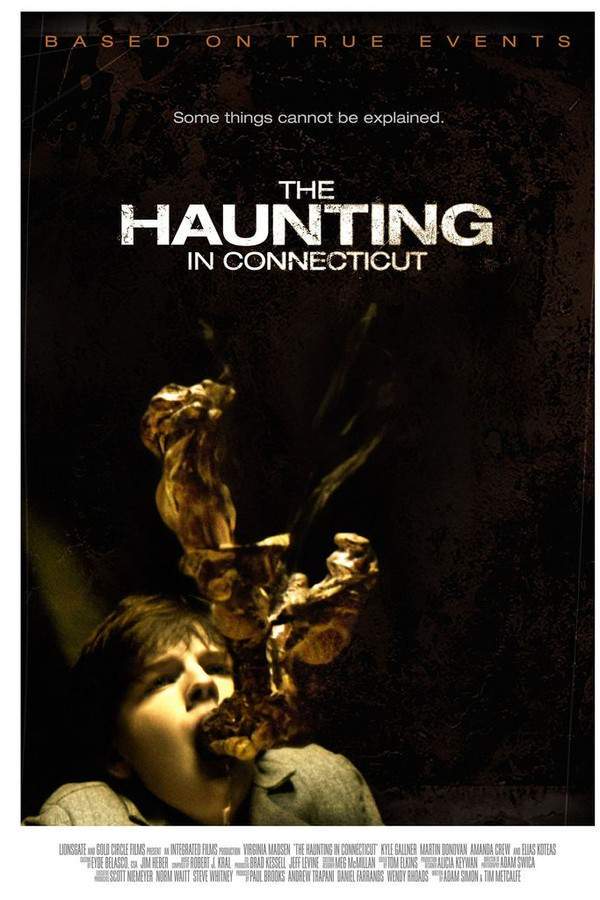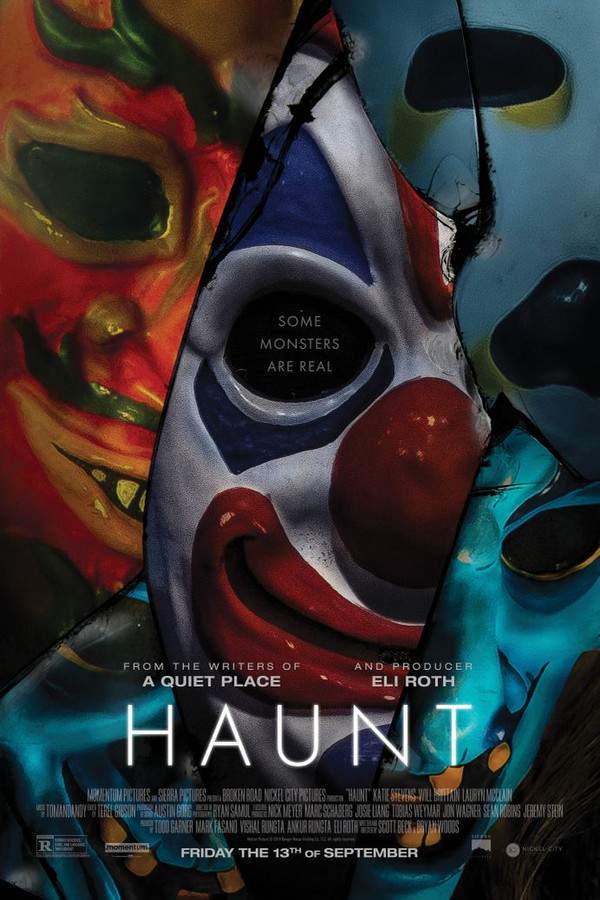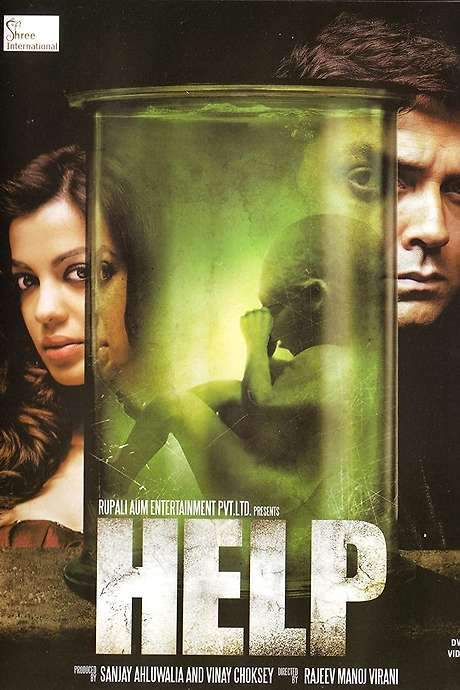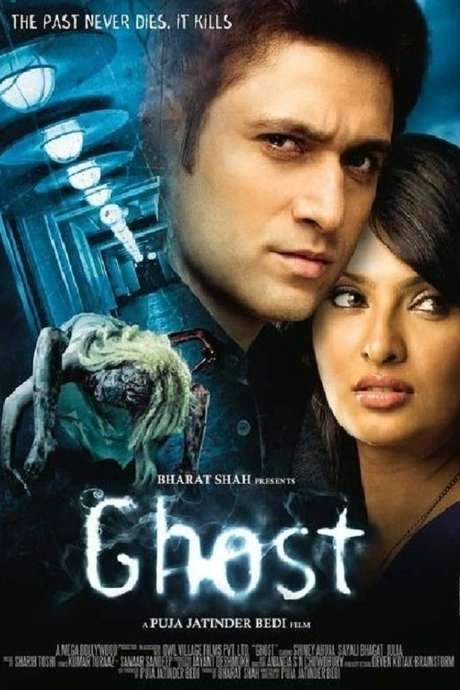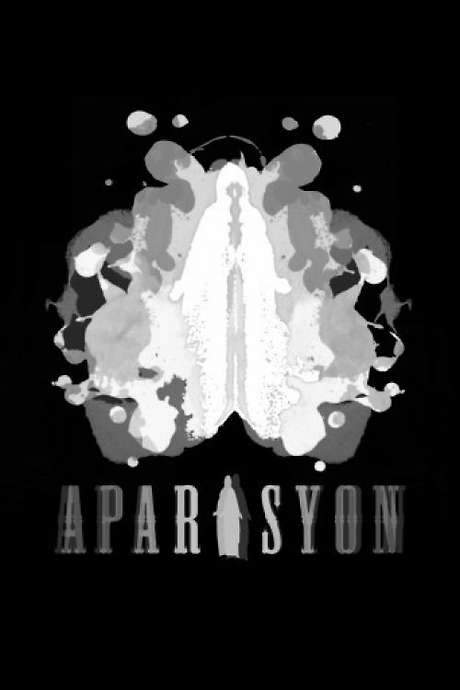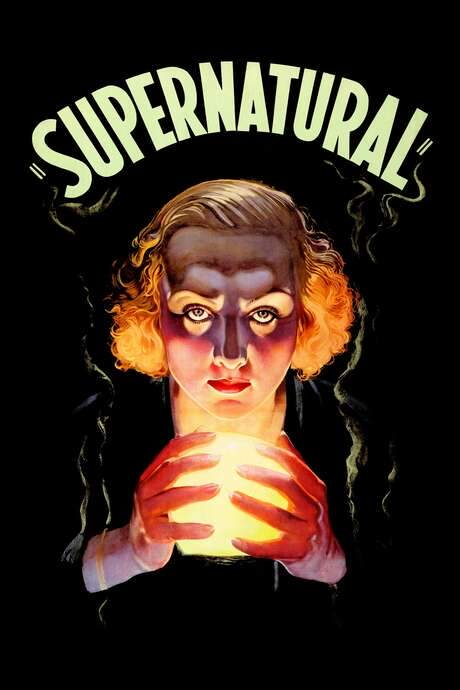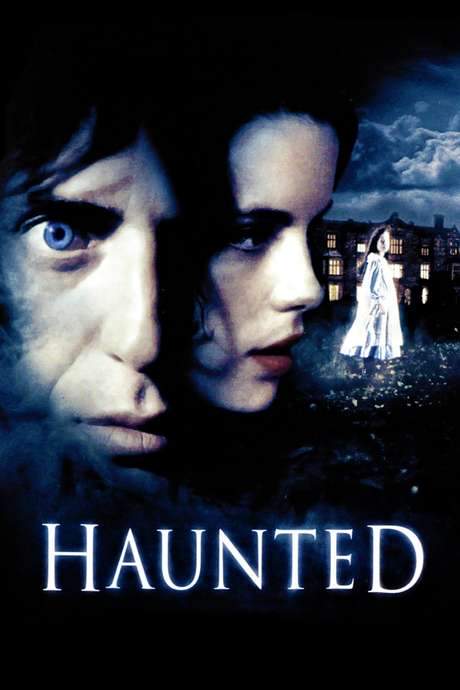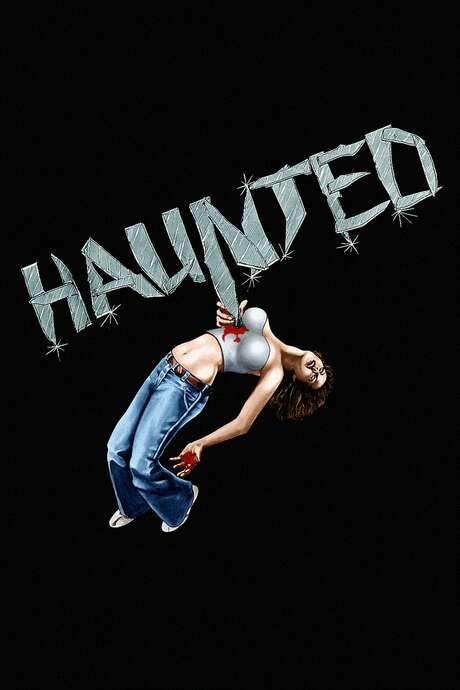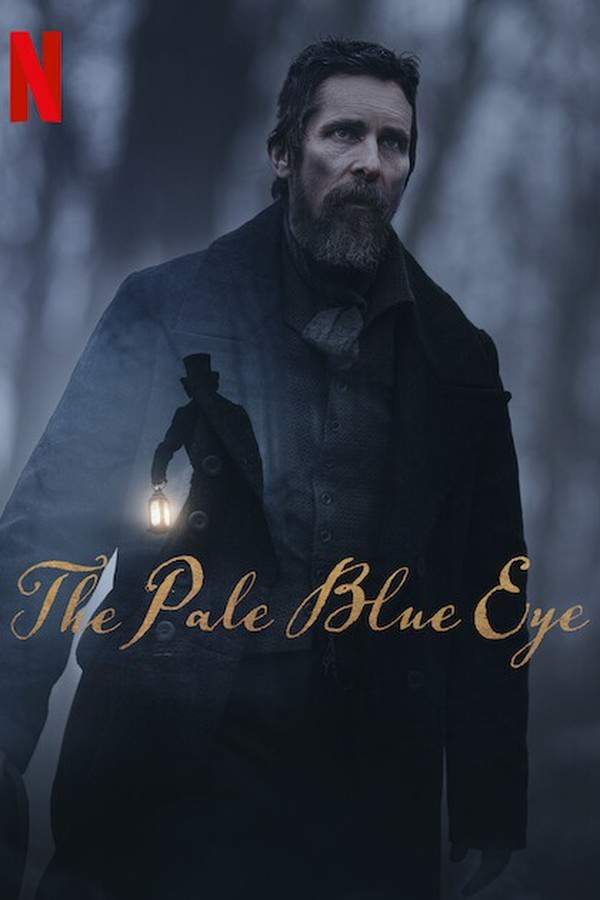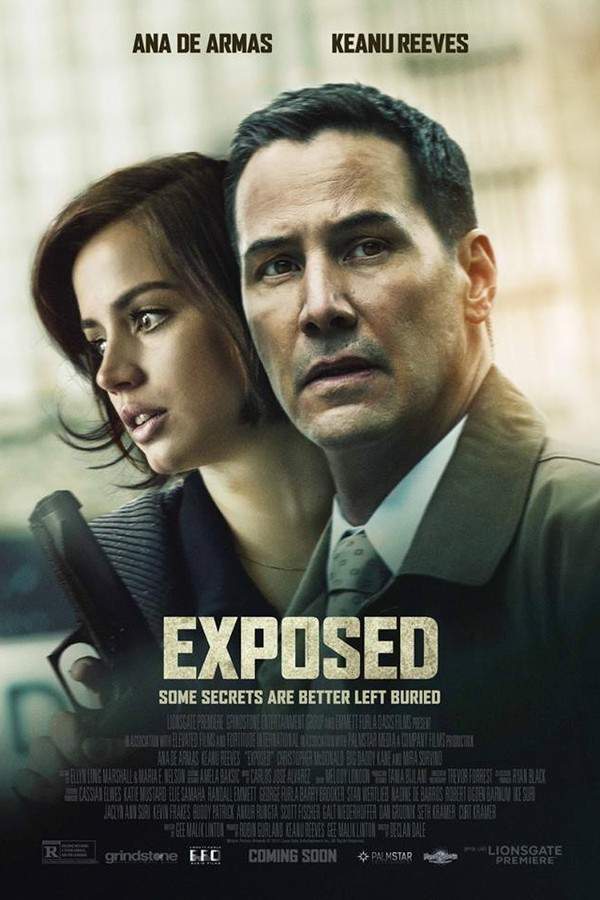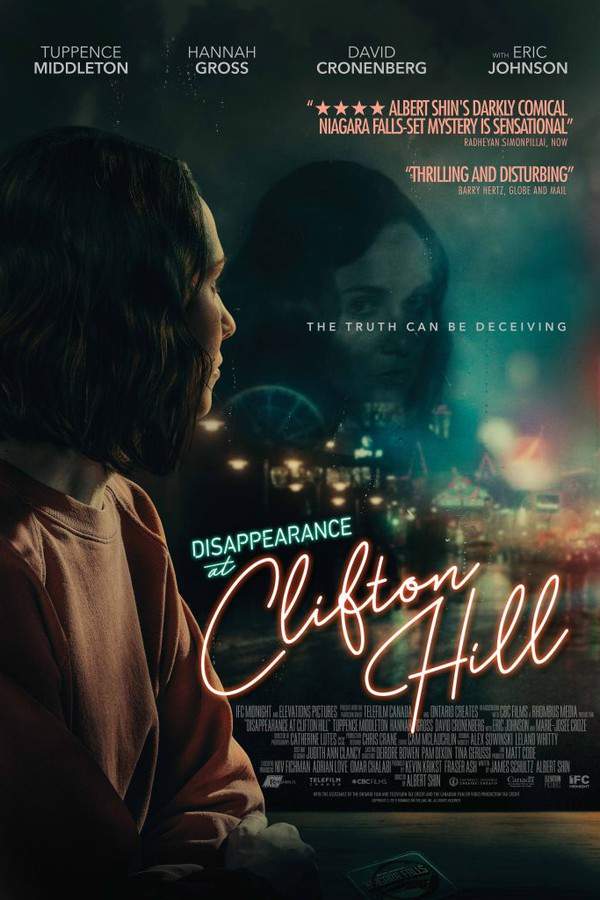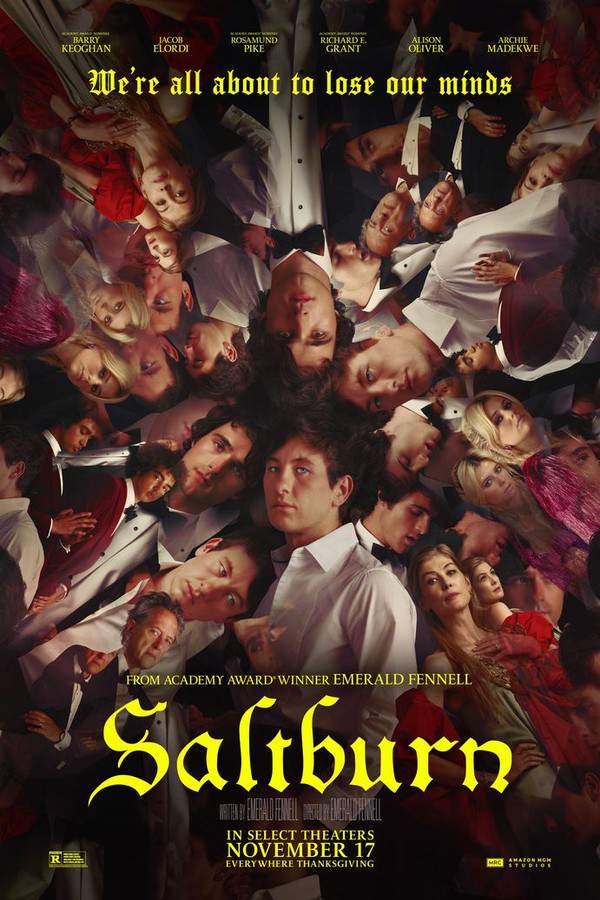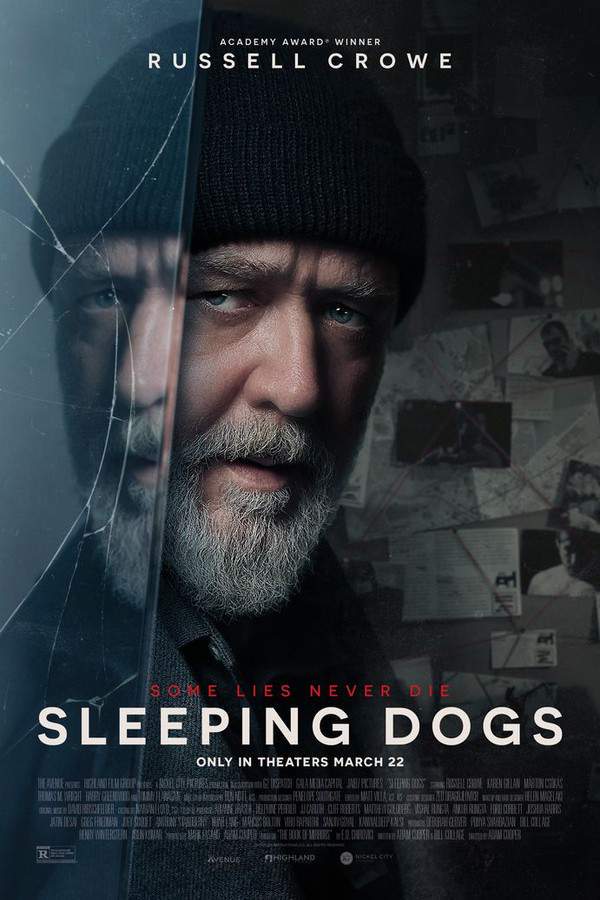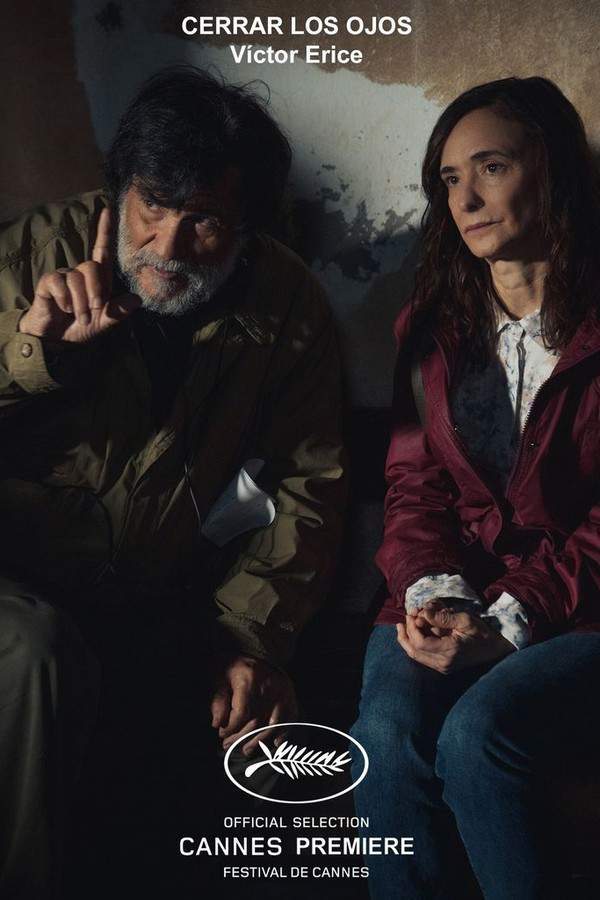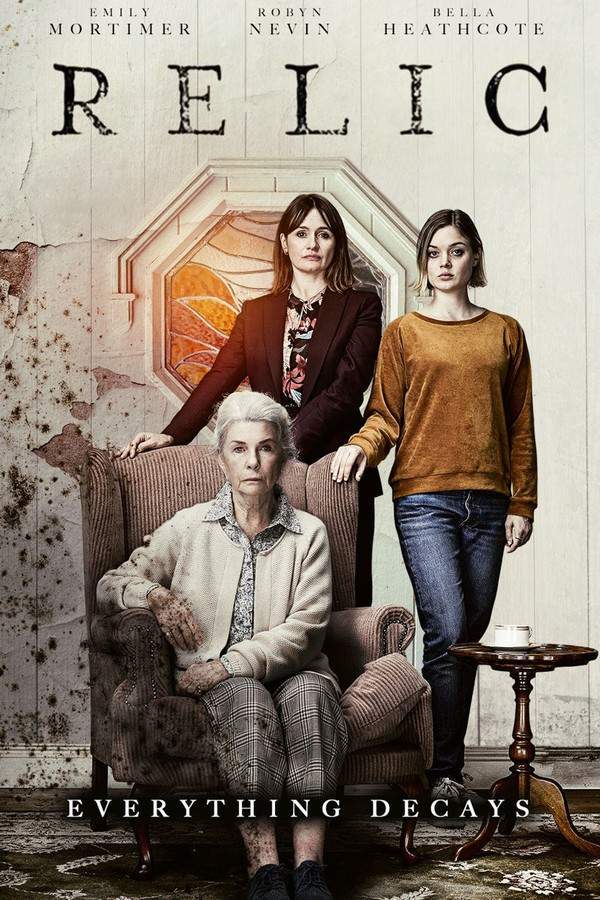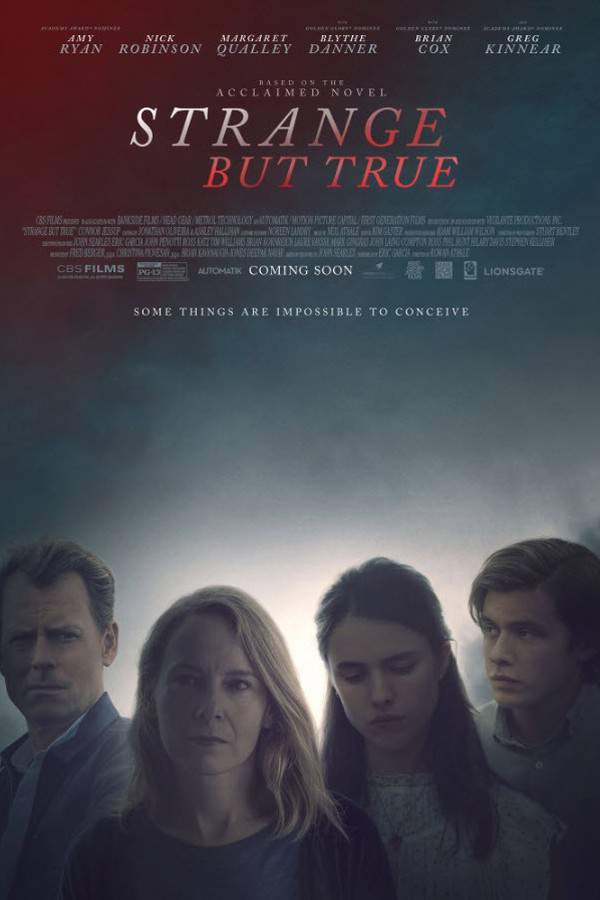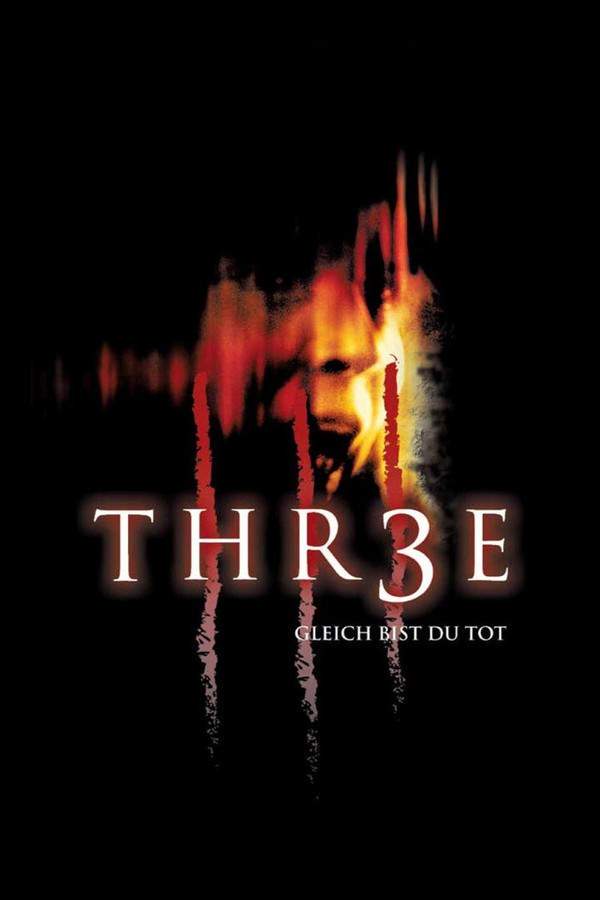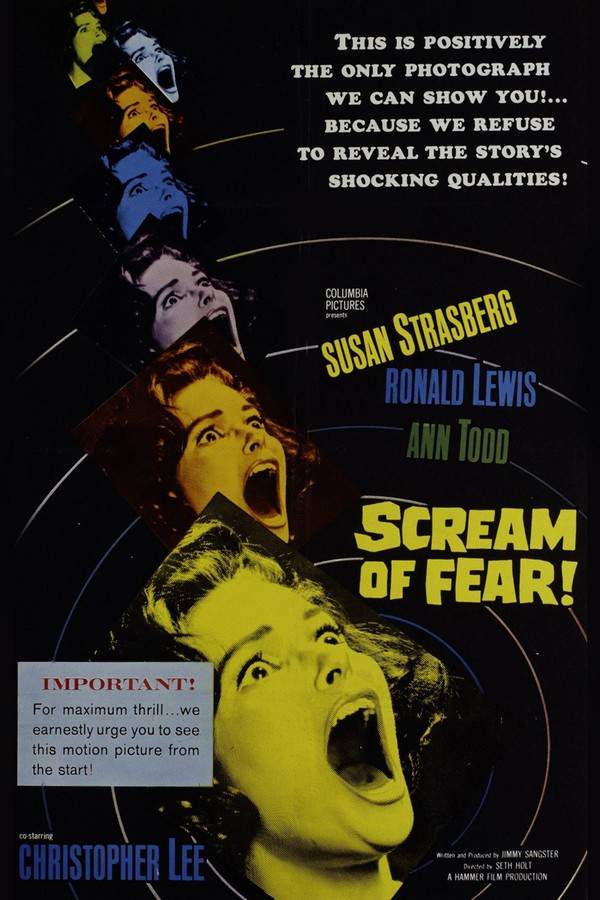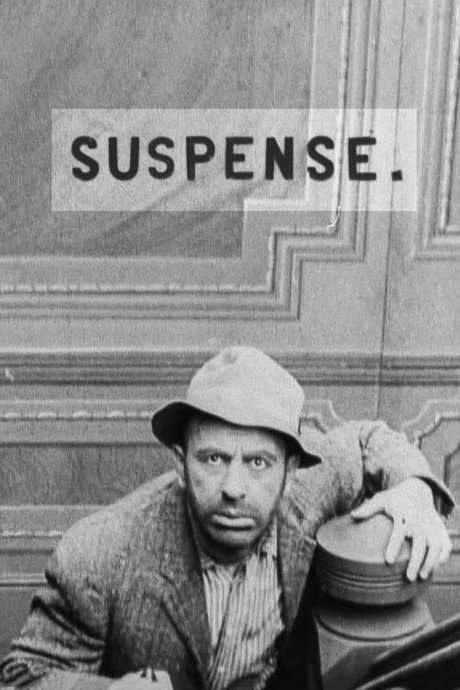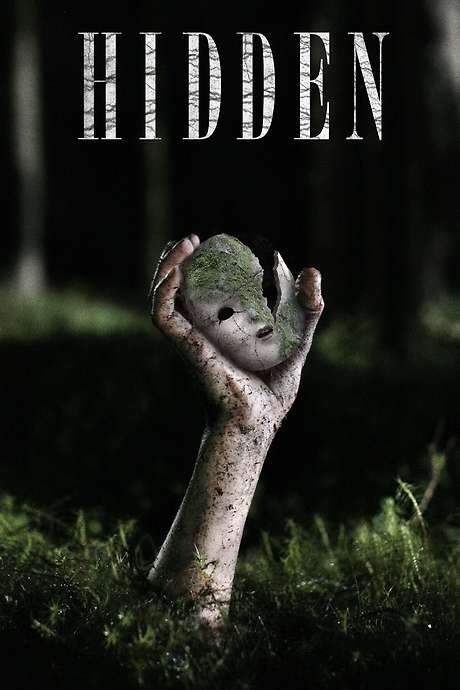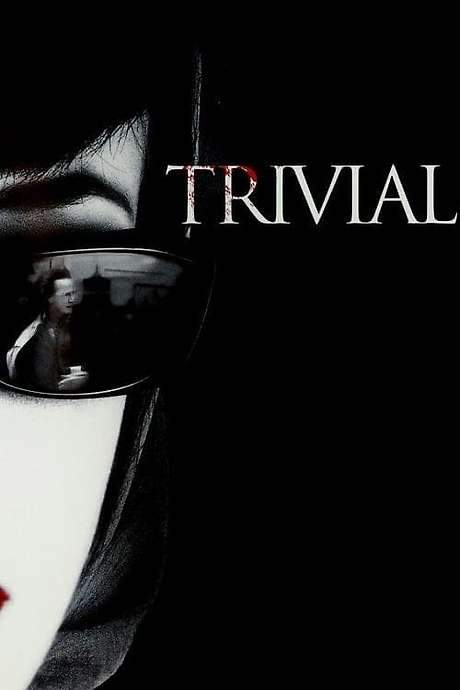
Trivial
Year: 2007
Runtime: 103 mins
Language: French
A grieving police inspector is assigned to locate a missing elderly man. The man's relatives offer little assistance, suggesting hidden secrets. As the investigation deepens, the inspector receives inexplicable guidance from the ghost of an actress who died three decades earlier, blurring the line between reality and madness.
Warning: spoilers below!
Haven’t seen Trivial yet? This summary contains major spoilers. Bookmark the page, watch the movie, and come back for the full breakdown. If you're ready, scroll on and relive the story!
Trivial (2007) – Full Plot Summary & Ending Explained
Read the complete plot breakdown of Trivial (2007), including all key story events, major twists, and the ending explained in detail. Discover what really happened—and what it all means.
Lt. Jacques Renard, Christopher Lambert, is a Le Havre police lieutenant who battles a deep-seated depression after the sudden death of his wife, Chloé. Six months of therapy and a stint in a mental hospital after a suicide attempt have left him shaken and solitary, his days haunted by fleeting visions of his lost partner. One day, a mysterious woman, Sophie Marceau, sits in his car and begs him to travel to Deauville to seek out the Hotel Normandy’s manager, Antoine Bérangère, a man of old wealth and old secrets. She insists only Renard can help her, and before long she vanishes from his life as abruptly as she appeared.
Renard heads to Deauville and checks into the opulent Hotel Normandy, where he encounters Bérangère’s son, Nicolas Briançon as Camille Bérangère. He learns that Bérangère disappeared forty-eight hours earlier, leaving behind no identification or money and only a hunting rifle. Camille, wary and protective, warns Renard off, but the detective’s instincts tell him there is more than a missing-person case at hand, especially after he discovers that Room 401—the room Camille denies exists—may hold the key to the mystery.
A key to Room 401 leads Renard into a trove of old photographs, newspaper clippings, and mementos tied to Bérangère’s first wife, Victoria Benutti, a film actress who died in 1970, exactly on the anniversary of Bérangère’s own disappearance. Victoria’s likeness seems to echo the enigmatic woman Renard chased in the hotel’s corridors, blurring the line between memory and present danger. The link between Victoria and the present tragedy intensifies as Renard—driven by a mix of professional duty and personal obsession—presses deeper into the hotel’s secrets. Victoria Benutti, Sophie Marceau, looms large in the case as the past bleeds into the present.
Camille’s frustration grows as Renard’s inquiries rattle through the hotel. Renard’s partner, Simon Abkarian, believes the case could be a straightforward suicide, but Renard senses manipulation and foul play, especially when Mélanie, Antoine’s second wife, acts with unsettling secrecy. Mélanie’s shadowy behavior reinforces Renard’s belief that someone close is hiding a far more sinister motive behind Bérangère’s disappearance.
At the heart of the hotel, the Duchess, played by Judith Magre, hints that the “ghost of Victoria” still haunts the place, a spectral presence that has outlived the woman herself and now haunts Renard’s every move. As Renard confronts the specter of the past, the mysterious woman reappears briefly in the lobby, and he gives chase across stairwells and onto the roof, only to see her slip away again into the night.
The investigation takes a grim turn when Bérangère’s car is found abandoned on the cliffs below Deauville, and a body—presumed to be Bérangère—appears in the city morgue with its skull and face battered beyond recognition, a gunshot from Bérangère’s own rifle having sealed the fate. While the crime scene continues to unravel, Renard notices the same mysterious woman watching from a distance and follows her to a nearby gas station. A chance conversation reveals that a Mercedes had stopped there after Victoria’s accident decades earlier, reinforcing Renard’s suspicion that Bérangère played a larger role in the past.
Renard makes his way to the cemetery where Victoria and her daughter are buried, and there he finds Victoria’s Volvo containing a DVD labeled “Lucie 1982.” A viewing reveals home movies of a teenager—Lucie—being molested, a truth that ties Bérangère to a history of abuse and control. With this revelation, Renard remembers Lucie as Victoria’s daughter and realizes the woman he’s been pursuing is connected to Renard’s own memories of loss. He seeks out the hospital records to uncover Lucie’s address, but the system and its memories are difficult to navigate, and Renard ends up in custody, accused of instability by his colleagues.
Camille visits Renard in jail and pieces together the chain of betrayals that brought them to this point. He recounts how his nanny, Evelyne, Brigitte Damiens, vanished after the crash that claimed Victoria’s life and set in motion a chain of lies designed to protect a predator. Evelyne’s apartment holds a crucial clue: a DVD showing Evelyne herself being molested by Bérangère, a discovery that cements the theory of long-buried abuse and complicity within the family.
Meanwhile, Lucie visits a wounded Bérangère on Victoria’s yacht, a man who has manipulated and haunted Lucie for years. Obsessed with the memory of Victoria, Bérangère fakes his own death so he and Lucie can flee together, and Lucie, scarred by years of abuse, tries but cannot bring herself to kill him. When Pierre bails Renard out of jail, the detective learns from Mélanie that Bérangère may be hiding on the family yacht, Victoria’s legacy turned into a final hideout.
On the yacht, Renard closes in as Bérangère gathers money and prepares to flee. Lucie steps forward with a weapon and ties up the surprised detective. As the vessel heads to sea, Bérangère tries to end Renard’s pursuit for good, but Lucie’s decisive move—throwing the mast aside—throws Bérangère into the ocean, where he meets his end. Freed from custody, Renard and Lucie return to Deauville, and some time later, Lucie seeks out Renard on the cliffs and they share a quiet, hopeful kiss, closing a case rooted in memory, trauma, and the tenuous path toward healing.
Last Updated: October 09, 2025 at 15:07
Explore Movie Threads
Discover curated groups of movies connected by mood, themes, and story style. Browse collections built around emotion, atmosphere, and narrative focus to easily find films that match what you feel like watching right now.
Supernatural detective stories like Trivial
Mysteries solved with inexplicable help from the spirit world.If you liked the ghostly guidance in Trivial, explore more movies where investigators receive supernatural aid. This thread collects films that weave elements of the paranormal into crime-solving narratives, creating a unique and atmospheric blend of mystery and the uncanny.
Narrative Summary
The narrative pattern follows a professional investigator—often a detective or journalist—grappling with a cold case or a deeply buried secret. Their conventional methods stall until they encounter a ghost or receive visions linked to the crime. The story unfolds as they learn to interpret these spectral clues, leading them to a truth that logic alone could not uncover.
Why These Movies?
These films are grouped together because they share a core premise: the intersection of a rational investigation with irrational, supernatural assistance. They create a specific mood of atmospheric unease and intellectual curiosity, where the mystery exists on two planes—the tangible and the ethereal.
Psychological thrillers about family secrets like Trivial
Stories where methodical investigation reveals devastating family histories.If you were gripped by the slow revelation of family trauma in Trivial, you'll find similar stories here. This thread features movies centered on investigations that methodically expose dark family secrets, childhood abuse, and psychological scars, often with a bittersweet or bleak resolution.
Narrative Summary
The narrative journey is one of meticulous discovery. A protagonist, often an outsider or a damaged individual, begins an inquiry that seems straightforward but quickly leads to a web of denial and hidden pain. The plot progresses by slowly connecting clues from the present to events in the past, building towards a painful but necessary confrontation with a traumatic truth.
Why These Movies?
These films are united by their focus on the process of uncovering psychological trauma, particularly within families. They share a somber, melancholic mood, a steady pacing that allows the dread to build, and a heavy emotional weight centered on grief, loss, and the long shadow of abuse.
Unlock the Full Story of Trivial
Don't stop at just watching — explore Trivial in full detail. From the complete plot summary and scene-by-scene timeline to character breakdowns, thematic analysis, and a deep dive into the ending — every page helps you truly understand what Trivial is all about. Plus, discover what's next after the movie.
Trivial Timeline
Track the full timeline of Trivial with every major event arranged chronologically. Perfect for decoding non-linear storytelling, flashbacks, or parallel narratives with a clear scene-by-scene breakdown.

Characters, Settings & Themes in Trivial
Discover the characters, locations, and core themes that shape Trivial. Get insights into symbolic elements, setting significance, and deeper narrative meaning — ideal for thematic analysis and movie breakdowns.

Trivial Spoiler-Free Summary
Get a quick, spoiler-free overview of Trivial that covers the main plot points and key details without revealing any major twists or spoilers. Perfect for those who want to know what to expect before diving in.

More About Trivial
Visit What's After the Movie to explore more about Trivial: box office results, cast and crew info, production details, post-credit scenes, and external links — all in one place for movie fans and researchers.

Similar Movies to Trivial
Discover movies like Trivial that share similar genres, themes, and storytelling elements. Whether you’re drawn to the atmosphere, character arcs, or plot structure, these curated recommendations will help you explore more films you’ll love.
Explore More About Movie Trivial
Trivial (2007) Scene-by-Scene Movie Timeline
Trivial (2007) Movie Characters, Themes & Settings
Trivial (2007) Spoiler-Free Summary & Key Flow
Movies Like Trivial – Similar Titles You’ll Enjoy
Close Your Eyes (2004) Ending Explained & Film Insights
Relic (2020) Spoiler-Packed Plot Recap
Strange But True (2019) Story Summary & Characters
Thr3e (2007) Plot Summary & Ending Explained
Unknown (2006) Film Overview & Timeline
Fatal Instinct (1993) Story Summary & Characters
Scream of Fear (1961) Story Summary & Characters
Exit 0 (2019) Movie Recap & Themes
A Little Trip to Heaven (2005) Detailed Story Recap
Primal Doubt (2007) Plot Summary & Ending Explained
Retribution (2006) Plot Summary & Ending Explained
Grave Secrets (1989) Story Summary & Characters
Suspense. (1913) Plot Summary & Ending Explained
Strange Illusion (1945) Spoiler-Packed Plot Recap
Hidden (2009) Full Movie Breakdown

